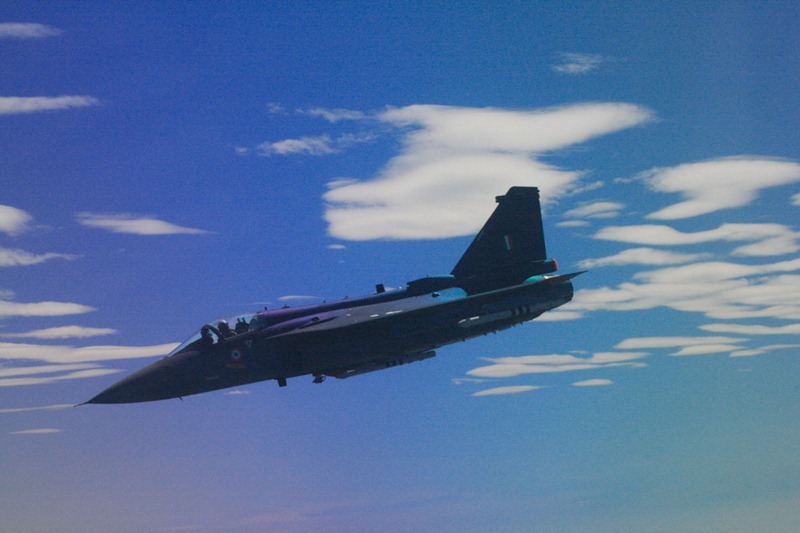Srinivas
ELITE MEMBER

- Joined
- Sep 20, 2009
- Messages
- 12,455
- Reaction score
- -26
- Country
- Location
"One of the comments of the test pilot from the Pentagon was that the F-16 flies better with LCA control laws"

Came across this fine interview given by Dr. Harinarayan. It is available on Tejas's official website. Speaks about his education in his growing up years & some of the professional challenges & supportive higher-ups he has interacted with.
"I think the biggest thing is that we created the ecosystem for aviation in India. Earlier there was no ecosystem for aviation in India. There was HAL and nobody else. Now it is HAL, 500 industries, 40-50 laboratories, 20 academic institutions and it is a big network. It is no longer one or two people working or one DRDO lab working or NAL working. It is a network. I thought this ecosystem that we have created through LCA is a great thing and it has given extra-ordinary confidence to the people who have worked on the project and the people who felt that this cannot be done but now they feel that if they could do LCA, they can do many other things."
- Featured Interview
The quote used as the title of this post is in reference to the consultancy & testing service [on its F-16D VISTA (variable in-flight stability aircraft) that the American Lockheed Martin was contractually obligated to provide to the LCA team in developing the bird's Flight Control Systems [FCS]. However, it had to renege on it, after the U.S. imposed sanctions & technology denial regimes on India for carrying out Operation Shakti. 14 years down the line, after India demonstrated the counteractive effect these sanctions had on its development programme, and U.S's own, geo-political compulsions/interests, that requires it to re-calibrate its engagement & relations with a nation like India, these sanctions are on their way to being history.
Initial portions of his interview can be watched in this video, below. Hearing him speak was a highly inspiring experience.
Good job HAL and Dr. Harinarayan
"One of the comments of the test pilot from the Pentagon was that the F-16 flies better with LCA control laws" - AA Me, IN

Came across this fine interview given by Dr. Harinarayan. It is available on Tejas's official website. Speaks about his education in his growing up years & some of the professional challenges & supportive higher-ups he has interacted with.
"I think the biggest thing is that we created the ecosystem for aviation in India. Earlier there was no ecosystem for aviation in India. There was HAL and nobody else. Now it is HAL, 500 industries, 40-50 laboratories, 20 academic institutions and it is a big network. It is no longer one or two people working or one DRDO lab working or NAL working. It is a network. I thought this ecosystem that we have created through LCA is a great thing and it has given extra-ordinary confidence to the people who have worked on the project and the people who felt that this cannot be done but now they feel that if they could do LCA, they can do many other things."
- Featured Interview
The quote used as the title of this post is in reference to the consultancy & testing service [on its F-16D VISTA (variable in-flight stability aircraft) that the American Lockheed Martin was contractually obligated to provide to the LCA team in developing the bird's Flight Control Systems [FCS]. However, it had to renege on it, after the U.S. imposed sanctions & technology denial regimes on India for carrying out Operation Shakti. 14 years down the line, after India demonstrated the counteractive effect these sanctions had on its development programme, and U.S's own, geo-political compulsions/interests, that requires it to re-calibrate its engagement & relations with a nation like India, these sanctions are on their way to being history.
Initial portions of his interview can be watched in this video, below. Hearing him speak was a highly inspiring experience.
Good job HAL and Dr. Harinarayan

"One of the comments of the test pilot from the Pentagon was that the F-16 flies better with LCA control laws" - AA Me, IN
Last edited by a moderator:









